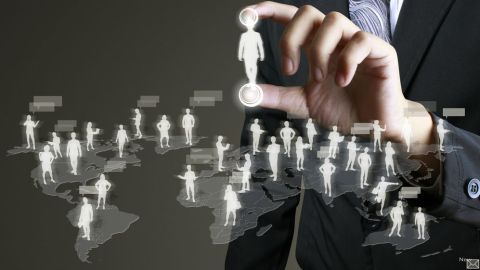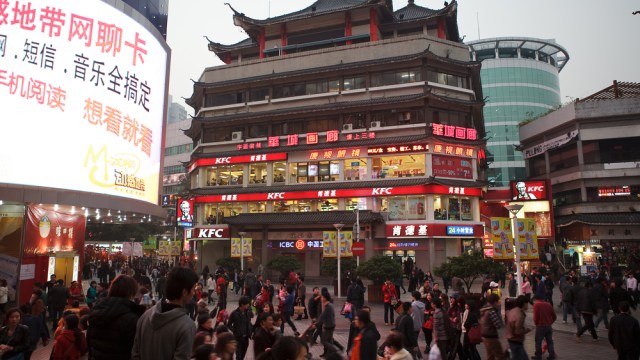Consent of the Networked: a Conversation with Rebecca MacKinnon

What’s the Big Idea?
Information is power. The Internet has made it possible to share and spread information faster than ever before. Unprecedented levels of access to information means that democracy is bound to take root and flower in even the most authoritarian corners of the world — right?
Not necessarily, says Rebecca MacKinnon, cofounder (with Ethan Zuckerman) of Global Voices, and author of the book, Consent of the Networked: The Worldwide Struggle for Internet Freedom. The struggle over the soul of the internet is far from over. It will be, she believes, one of the critical battles of the 21st century.
What’s the Significance?
Consent of the Network was in part inspired by MacKinnon’s work as a research fellow at Harvard’s Berkman Center For Internet & Society, where she cofounded Global Voices, a virtual home for citizen journalists, with Ethan Zuckerman. But the most formative experience of the book occurred during her nine-year run as a foreign correspondent for CNN in China, where she witnessed the advent of the Internet. “We assumed that Chinese Communist Party couldn’t survive the internet,” she says. “It did.” Why? How? Big Think asked MacKinnon about her experience in a recent interview.
Big Think: What do you hope the average Googler or Facebook user takes away from your book?
Rebecca MacKinnon: The point of the book is that increasingly we’re dependent on the internet for everything. So we have to not just act like users. We need to act like citizens of this space. And the way the internet is today — what you can do on it and how private you are, what people know about you, what information you can access — that’s not just due to some kind of natural freak of nature.
The internet is what it is because a lot of human beings made decisions about what’s possible to do: software programmers who work for companies, engineers and also government regulators and so on. They’re all shaping the internet. So if we want to make sure our rights are protected, if we want to make sure that the internet reflects the kind of values and freedoms that we think are important we need to fight for those in cyberspace the same way we fight for our rights in physical space.
BT: When did you first start thinking about writing the book? What surprised you as you were writing?
RM: When the internet really started to spread around the world people assumed that it was just naturally going to destroy all dictatorships and that everybody would just automatically be freed…
In some countries people are able to use the internet to bring down dictators, but in other countries, the authoritarian regimes are actually adapting to the internet and they’re shaping it to their advantage to help themselves stay in power. That’s something that over time has been really surprising.
One of the things I’ve tried to explain is that you can’t assume that just because you have the internet you’re automatically going to be freer in the long run. You have to really watch what companies are doing, what the government is doing, how power is being exercised across digital networks and make sure that the internet is being shaped in a way that you yourself have your freedoms and your rights and your privacy protected.
Check back in the next few weeks to watch our video interview with MacKinnon.
Photo courtesy of Shutterstock.





